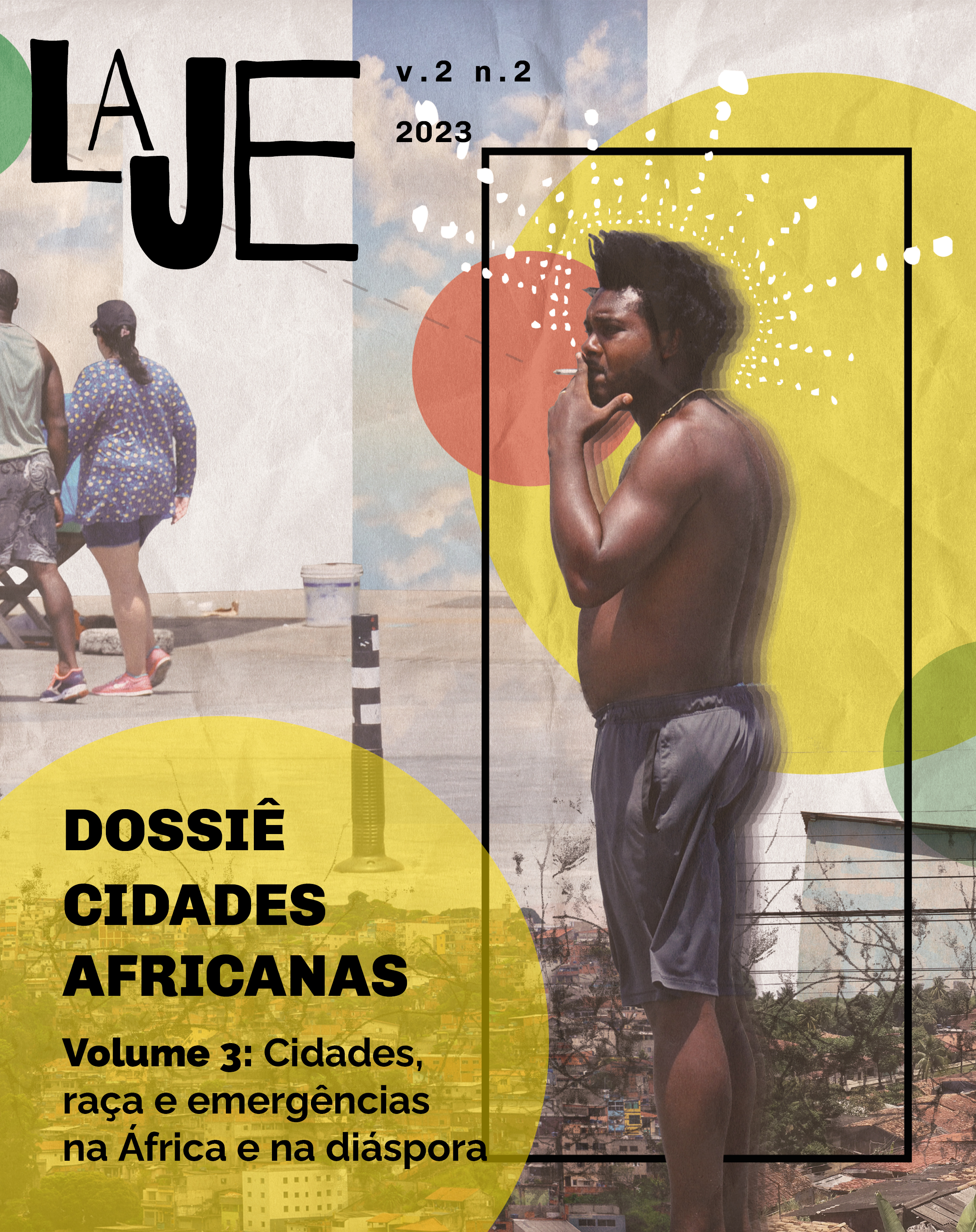Epistemic sites
ethics, transformation and decolonisation in architecture education
DOI:
https://doi.org/10.9771/lj.v2i0.58346Keywords:
Epistemology, ethics, education, architecture and urbanism, South AfricaAbstract
After the end of apartheid in South Africa, many areas of knowledge have not completely disentangled themselves from colonial structures, especially in terms of ethics and epistemology. The student protests of 2015/16 emphasized the pressing need to consider an "ethical turn" and an epistemological transformation in the fields of design within the framework of decolonization. I argue that multiple curricular interventions are needed in the field of architecture, with an emphasis on a deeper understanding of ethics and epistemology. This is particularly crucial in areas of the architectural curriculum, such as history and architectural theory, which have a profound influence on teaching and learning. In this article, I meticulously examine the structure, hierarchy, and relationships of disciplinary knowledge in architectural education to identify opportunities for epistemic intervention. Furthermore, I investigate how "non-Western" and "non-curricular" knowledge from the Global South can be favorably introduced under current conditions, with the aim of exploring how such knowledge can take root more widely throughout the field of architecture, moving towards a "new normal." In the South African context, these issues expand on post-apartheid notions of social justice and repair with a focus on "epistemic justice" or "cognitive justice," aimed at building rigorous and relevant knowledge for a qualitatively more humane society.


